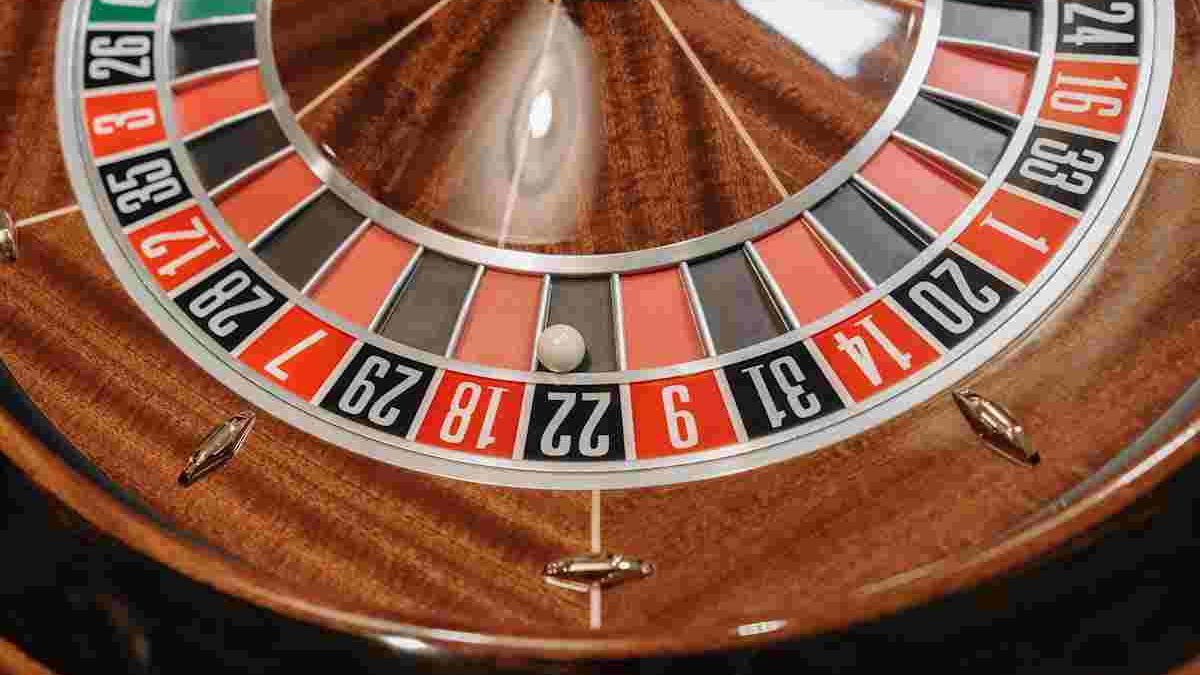Random numbers. They’re the unpredictable pulse that fuels everything from securing your data to your favourite video games. Whether you’re flipping a coin, cracking codes, or rolling the digital dice on Betway, random numbers are the unsung heroes behind it all. In this fast-paced, tech-driven world, randomness has transformed from simple chance into a powerful engine. It drives everything from cryptography to entire game universes. Let’s dive into why randomness is not only fun but absolutely crucial in today’s digital landscape.
Table of Contents
Random Numbers Power Your World More Than You Think
Ever stop to think how randomness touches everything in your digital life? It’s not just about gambling or winning a jackpot. It’s the secret sauce that protects your sensitive data every time you buy something online or send a private message. Take cryptography, for example. Behind every encrypted transaction is a maze of random numbers that keep your information safe from hackers. Without random number generation, cracking your passwords would be like solving a kid’s puzzle.
But it’s not all serious business. Random numbers also fuel the excitement in the virtual worlds of video games. Procedural generation, that magical process that creates entire universes out of thin air, is built on randomness. Games like Minecraft use random numbers to generate unique landscapes every time you start a new game. So whether you’re protecting your data or exploring uncharted territory in a game, randomness is doing some heavy lifting.
From Tossing Coins to Complex Algorithms
We’ve all relied on randomness at some point. Remember flipping a coin to make a decision? That’s randomness at its most basic. But we’ve moved on from the simple heads-or-tails game. Today, we use computers to generate numbers that feel random (even though they’re not technically random). These “pseudo-random number generators” (PRNGs), while they do the trick for simple stuff, they’re not exactly unpredictable. They rely on an initial seed value to create randomness.
For higher-stakes situations, though, we turn to the big guns: “true random number generators” (TRNGs). These are based on real, unpredictable phenomena, like radioactive decay or atmospheric noise. That’s right, we’re using the universe itself to give us randomness. Talk about levelling up!
Random Numbers in Games: From Flashy Slots to Crash Games
Now, let’s bring it back to something we all love: games. Random numbers are what make casino games thrilling and fair. Slot machines, for example, look all glitz and glamour on the outside. It’s the randomness behind the scenes that decides whether you’re hitting the jackpot or going home with nothing. Every spin is controlled by algorithms churning out random numbers, making sure you can’t predict when that sweet payout is coming.
Then you have crash games like Aviator, where the randomness is a little more interactive. You can’t predict when the multiplier is going to crash, but you can control when you bail out. Still, random number generators decide when the game ends. So while you’re clinging to the edge of your seat, hoping to cash out before the crash, randomness is pulling the strings.
Procedural Generation: Creating Worlds from Chaos
Ever wonder how a game like No Man’s Sky can have literally billions of planets, all unique? It’s randomness, baby. Procedural generation uses random numbers to create everything from the terrain to the creatures you meet. Each time you play, the game builds a new world just for you, ensuring no two experiences are the same. It’s like stepping into a universe that’s constantly reshaping itself around your choices.
This isn’t just a feature—it’s the game itself. The beauty of procedural generation is that it offers infinite possibilities. Want a new planet to explore? Just jump into hyperspace, and bam, a whole new galaxy is waiting for you. That’s the power of randomness in action.
Gambling and Beyond: Randomness Rules the Digital Age
Random numbers are the lifeblood of gambling, too. Whether you’re betting on a roulette wheel or playing poker online, randomness makes it fair. No more shady dealers stacking the deck—it’s all handled by random number generators (RNGs). iGaming platforms use certified RNGs to ensure fairness across the board, so you can focus on having fun without worrying about the game.
But it doesn’t stop there. Randomness keeps your data safe, from protecting your emails to encrypting your online banking. It’s also making strides in AI, where random number generation helps machines make decisions and learn new things. So yeah, randomness is pretty much running the show in the digital world.
How Do You Embrace Randomness?
So, where do you see randomness at work in your life? Whether it’s the thrill of the slots, exploring new game worlds, or just knowing your online info is secure, random numbers are everywhere. How has randomness shaped your gaming experiences? Share your thoughts below, and let’s see how this wild, unpredictable force affects your daily life.

